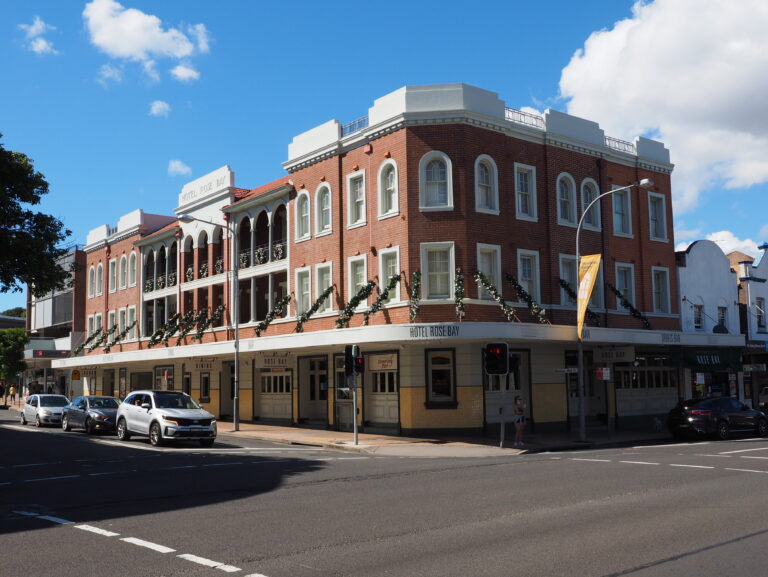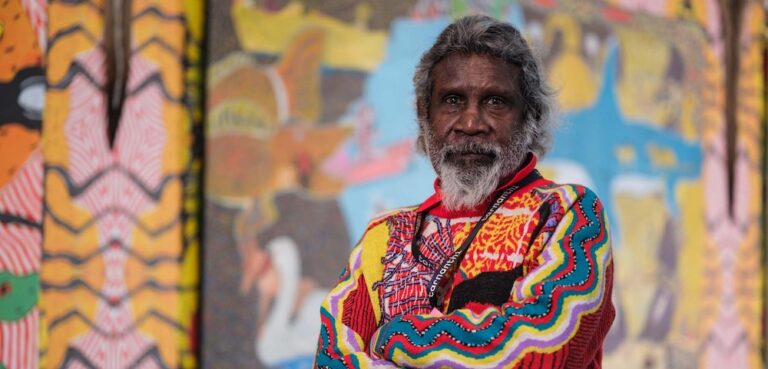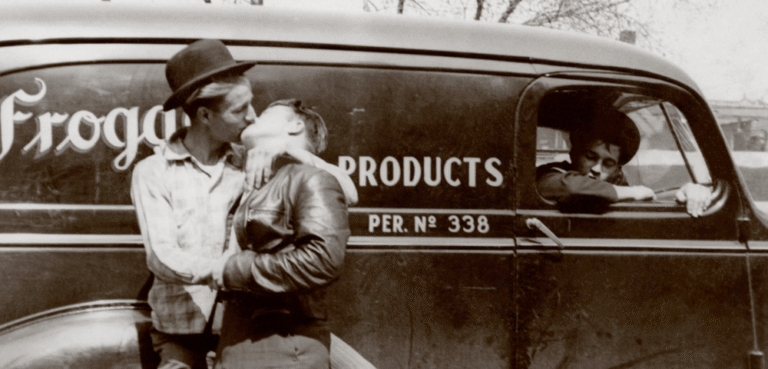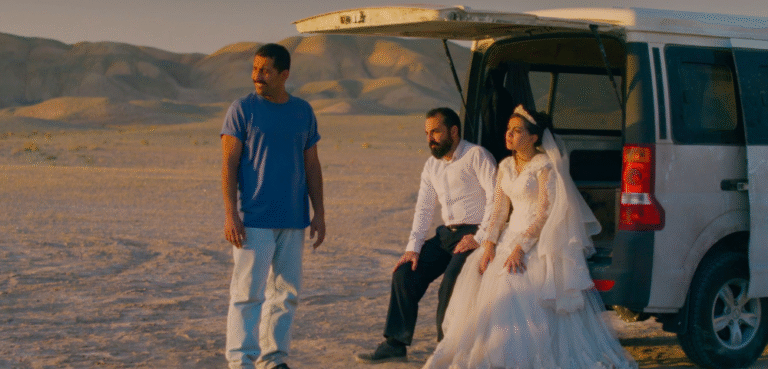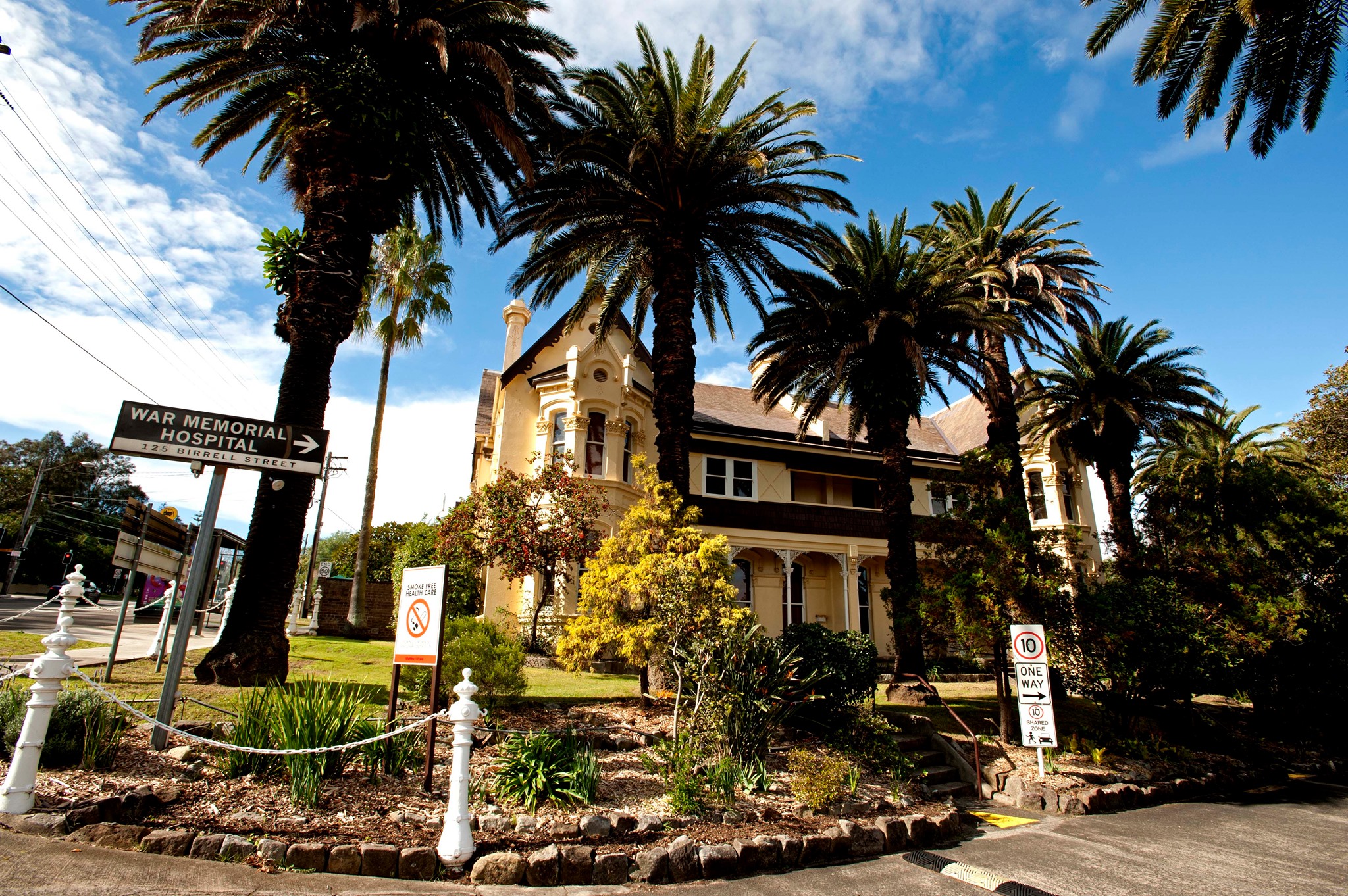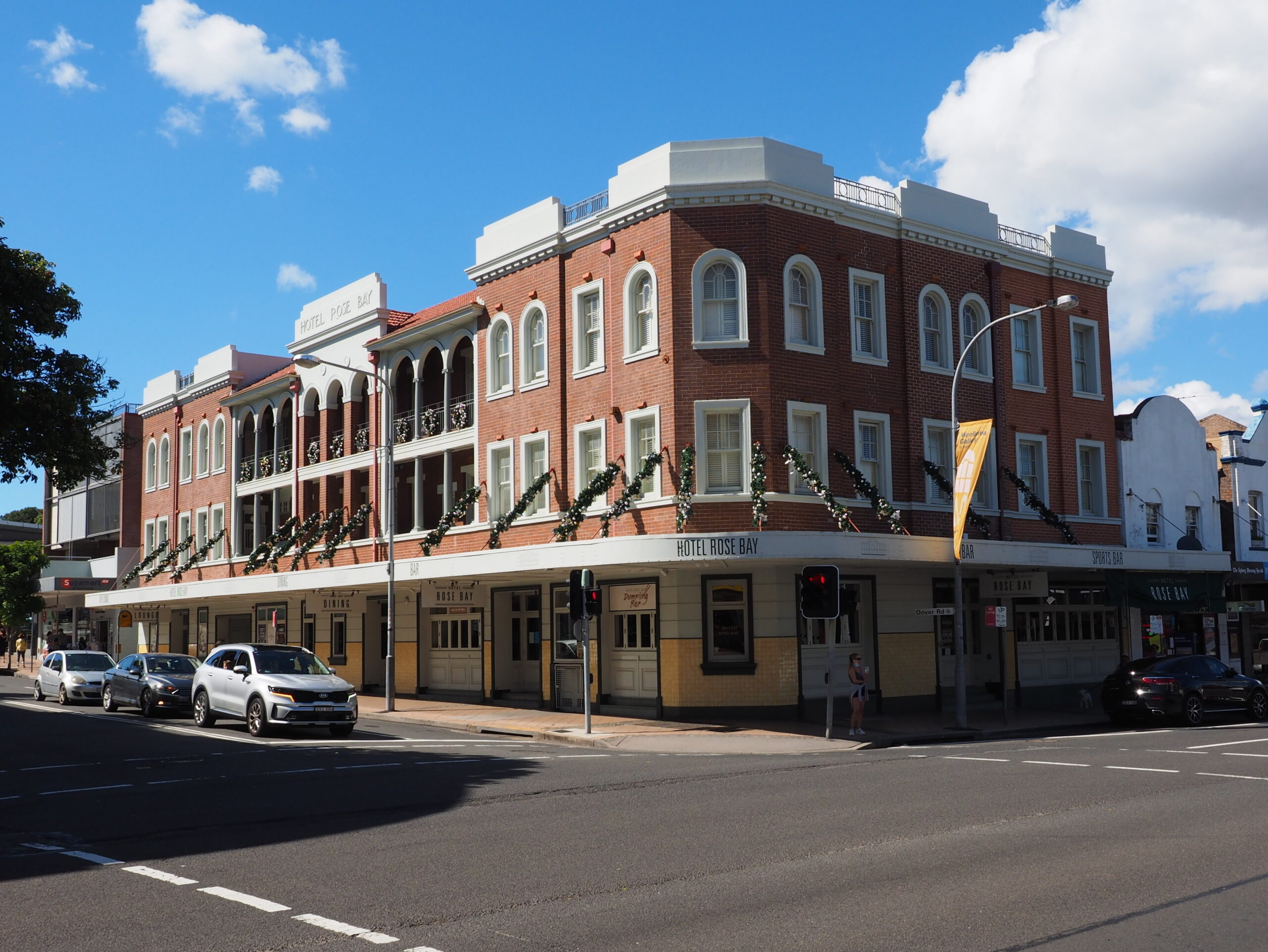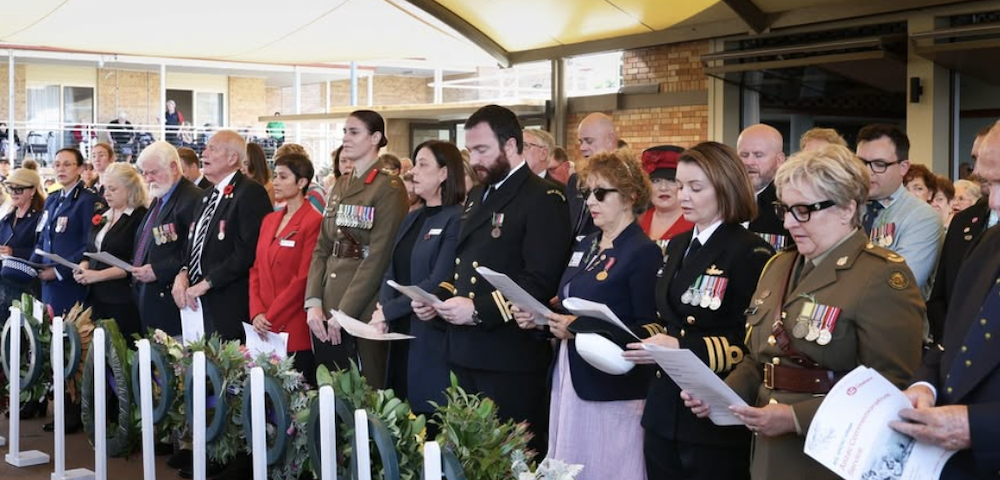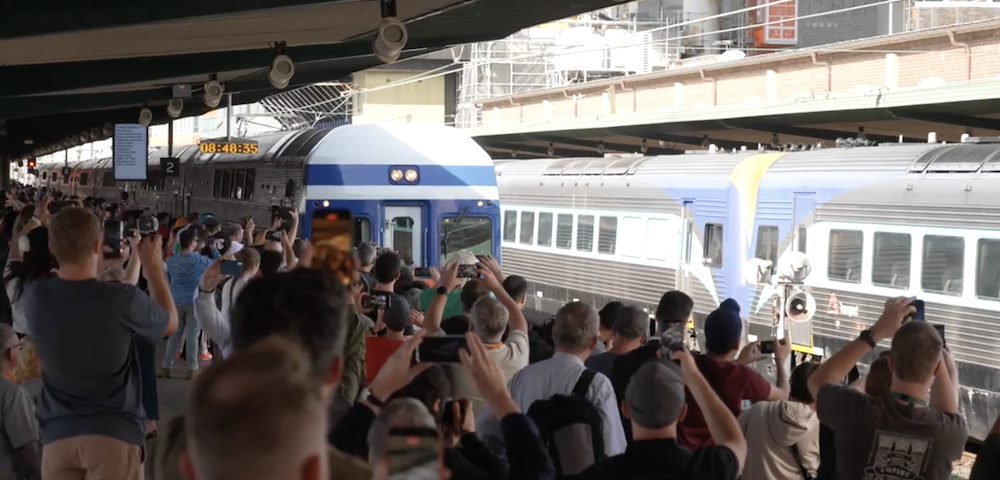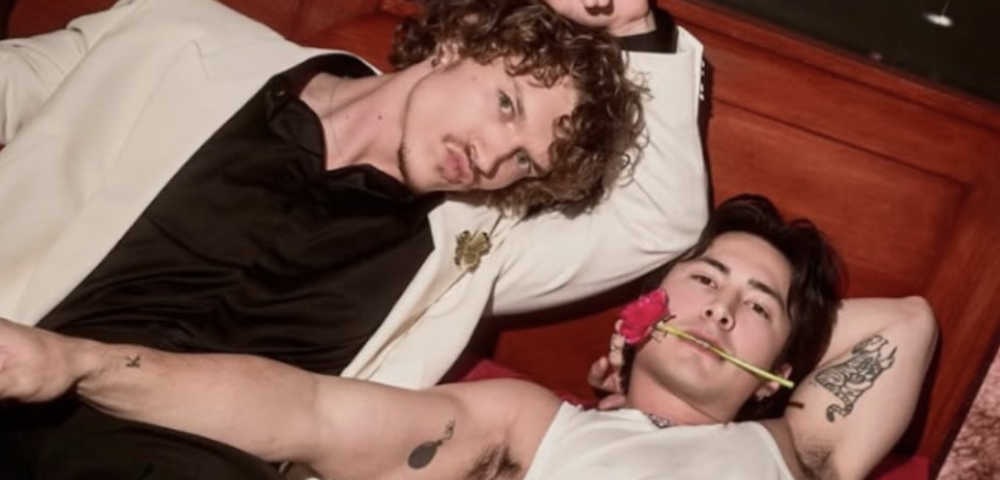
Hannah Thomas’ Arrest and Injury, and Sydney’s “Draconian” Anti-Protest Laws
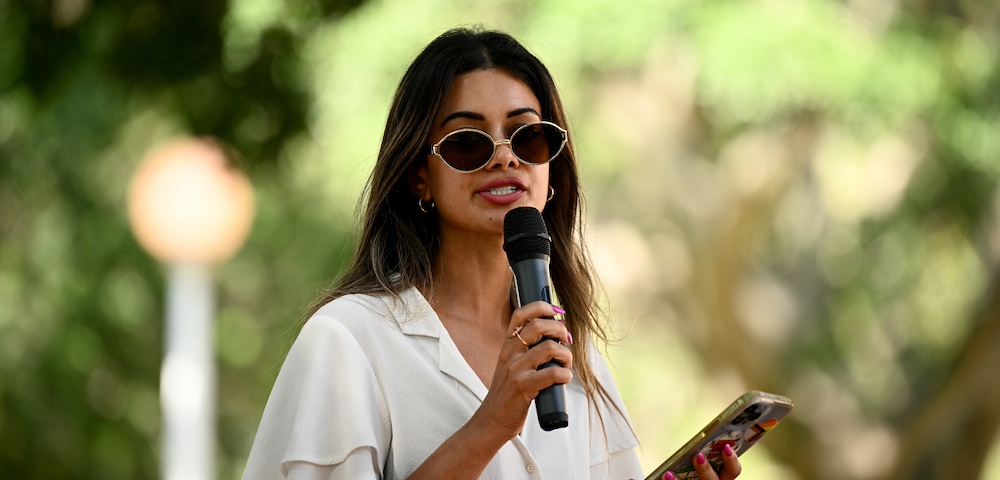
The rapid expansion of New South Wales’ anti-protest laws has been described as “draconian” by many. The recent police violence at a peaceful Palestine action in Belmore at the end of June shouldn’t come as a shock to anyone who’s been paying attention.
Five people were arrested, and a 35-year-old woman underwent emergency surgery after an early morning protest outside of SEC Plating on June 27 turned violent.
Protesters have alleged that SEC Plating is involved in providing plating services for parts used in the F-35 jets Israel is using in its ongoing military campaign against the Palestinian people — claims that the company continues to deny.
Legal Observers NSW, who monitor and report on police action at protests across the state, allege police issued a move on order on the basis that the location of the picket would cause “fear and alarm”, and that the protest was “unauthorised”.
Footage from the morning shows police using “brutal” force on protesters, after they were issued with the move on order.
In videos taken by witnesses, police can be seen tackling someone to the ground, while another officer drags a woman by her neck, ignoring calls from picketers to “let go of her, please”. When they finally do release her, she doubles over, violently coughing for air.
Hannah Thomas undergoes emergency surgery as charges laid
The 35-year-old woman is former Greens candidate Hannah Thomas, who sustained such significant facial injuries during her arrest that she required emergency surgery the afternoon following the protest. She may permanently lose vision in her right eye.
Thomas ran against Anthony Albanese as the Grayndler Greens candidate in this year’s federal election, and the extent of her injuries has now sparked a critical incident investigation.
Charged with resisting police, and refusing to comply with a direction to disperse, she is unable to talk to media directly about the protest in detail, but issued a message to her supporters on June 29 from her bed in Bankstown Hospital, with a painful-looking black eye.
“I look like this now because of Chris Minns and Yasmin Catley and their draconian anti-protest laws, and their attempts to demonise protesters, especially protesters for Palestine,” Thomas said on her social media. “They’ve emboldened police to crack down with extreme violence and brutality.”
Anti-protest laws “a slide too deep into a police state”
Greens MP and spokesperson for Justice Sue Higginson says that regarding the anti-protest laws, the writing has been on the wall for some time now.
“The latest tranche of anti-protest laws was clearly a slide too deep into a police state,” she said. “That’s the only legitimate way to translate what has taken place.”
Higginson is referring to the state government’s laws against protesting near places of worship, which were passed in an attempt to curb antisemitic attacks on synagogues throughout Sydney. However, it was an anti-Zionist protest outside of the Great Synagogue on Castlereagh Street 4 December that pushed Minns to action.
Organised by activist group Stop the War on Palestine, protesters were rallying against an event being held in the building by Technion Israel Institute of Technology, a company reported to be implicated in Israeli weapons research and development.
It was these laws, police cited on the fact sheet of a Belmore arrestee, that gave them the justification, because protesters were too close to a mosque across the road. NSW Police Assistant Commissioner Brett McFadden and Minns have both denied this.
Voices across politics and activism calling for repeal Higginson is just one of the voices calling for a constitutional challenge into the laws.
“Police just should not have powers to that extent where they collide with the ultimate right of the freedom to express political communication, including the right to assemble and protest on public land,” she says. “They believed, and they acted, on the basis that they could just bust up a peaceful protest, that they could issue a move on order, and then they could start exerting excessive force.
“If we just look at this one incident and treat it like an isolated incident… this will happen again, and it will happen again, and it will happen again.”
Now, the laws are being challenged in the NSW supreme court by the Palestine Action Group, and Greens MP Kobi Shetty introduced a bill to repeal them back in March. The next few months will be instrumental in deciding whose voices the government values most: that of the people, or the state.
“Beyond politics, this is about those people in positions of power with responsibility, and it’s about the movement of peace and democracy in Australia. People right now in those positions of power are following a very dangerous narrative,” Higginson said.
“We’ve got two choices. We either slide all the way to the bottom… or we stop now, and we start walking back up the hill together to a place where our democracy is seen for what it can be.”
City Hub reached out to NSW Police for comment, but did not receive a response by time of publication.
